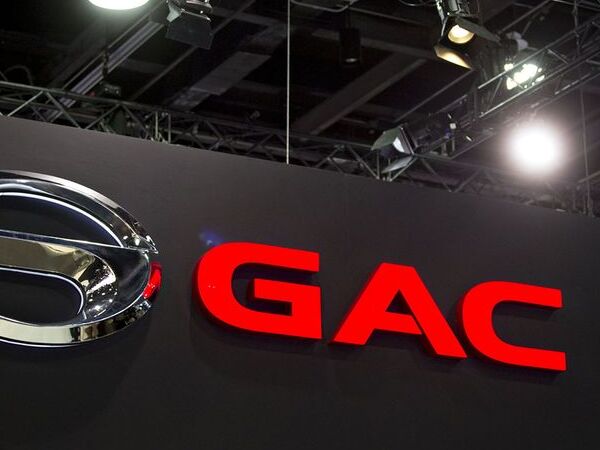GAC introduces the world’s inaugural ammonia-powered car engine
GAC, a leading Chinese automaker, has announced a groundbreaking achievement in the automotive industry by developing the world’s first car engine powered by ammonia. This technological breakthrough is part of China’s ongoing efforts to explore new energy solutions that can reduce carbon emissions in the transportation sector, alongside battery-powered electric vehicles and hydrogen fuel cells.
During the company’s annual technology showcase, GAC revealed the ammonia-powered engine, demonstrating their commitment to innovation and sustainability. Qi Hongzhong, from GAC’s research and development center, explained that they have successfully addressed the challenge of efficiently burning ammonia, making it viable for use in the passenger car industry. He further emphasized the value of this advancement for both society and commercial applications, highlighting the anticipation surrounding its potential.
In addition to the ammonia-powered engine, GAC showcased other cutting-edge technologies at the event. One of the highlights was the Gove, a flying car resembling a large drone. This futuristic concept aims to revolutionize personal transportation with its innovative design. Moreover, GAC presented a hybrid-hydrogen-powered Trumpchi minivan, developed in collaboration with their Japanese partner, Toyota Motor Corp. This alternative fuel system aligns with the global efforts to promote hydrogen as a clean energy source.
While ammonia holds promise as a carbon-free fuel, it faces certain challenges due to its low flammability and high nitrogen oxide emissions. However, GAC claims to have overcome these obstacles by developing a 2.0-litre engine that can efficiently burn liquid ammonia in a safe manner. This engine achieves 120 kilowatts of power and reduces carbon emissions by 90 percent compared to conventional fuels, according to Qi’s statements.
As a state-owned enterprise, GAC is at the forefront of China’s traditional automakers’ transition towards green energy. Their electric vehicle brand, Aion, has become the country’s third-best-selling clean-car brand, surpassing joint ventures by General Motors Co. and overtaking other domestic competitors. GAC’s success in the electric vehicle market can be attributed to its investments in research and development. The company has also nurtured Greater Bay Technology, a battery-making unicorn that focuses on developing EV cells capable of charging within 15 minutes, regardless of weather conditions.
GAC’s pioneering efforts in developing an ammonia-powered car engine demonstrate China’s commitment to sustainable transportation and reducing carbon emissions. As the world continues to seek alternative energy solutions, this breakthrough has the potential to revolutionize the automotive industry and contribute to a greener and more environmentally friendly future.





